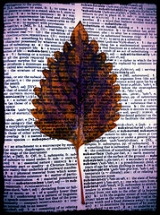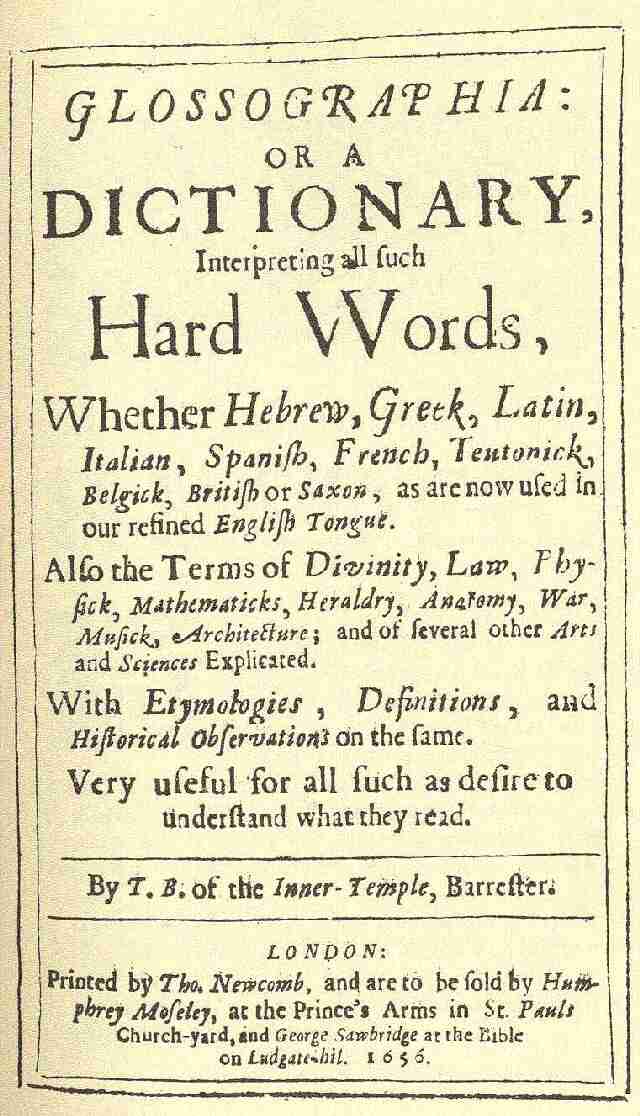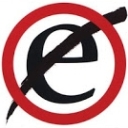
.
Book Review: Sexicon
| Linguistic Disquisitions |
Sexicon : The Ultimate X-Rated Dictionary, by Rod L. Evans, Ph.D. New York, Citadel Press, 2002. 176 pp.
I will admit to feeling some trepidation when I was first asked to review Sexicon. It's not that I'm a prude; rather, my fear was that what I would encounter would be more titillating than informative, without any value as a reference work. Fortunately, my fears were allayed. Rod L. Evans, who has a Ph.D in philosophy from the University of Virginia, has turned his attention in this book to the subject of unusual words related to that most unusual subject, sex. But Sexicon is not a book of four-letter words, vulgar terms, slang, and the dialects of various sex-related subcultures. Rather, Evans' primary interest is in medical terms, neologisms, and facetious words (largely derived from Latin or Greek) concerning all aspects of sex. He has compiled a compendious list of around 1000 such terms, ranging from the slightly uncommon (cunnilingus, androgyny) to the extraordinarily rare (mulipepantic, thalpotentiginy).
Evans has obviously gone to great lengths to find words in obscure reference works and large unabridged dictionaries, and presents his definitions in a clear and easily understandable way. Each word is presented with a pronunciation guide, definition, partial etymology and a usage sentence. It is evident that Evans' purpose is to amuse and entertain, and in this goal he has succeeded. Many of these words were developed in the 19th and early 20th centuries by authors, doctors and scientists to exclude or protect certain groups, such as women and the lower classes, from sexual knowledge, and are rarely used today except in certain medical and sexological contexts, but Evans has resurrected them in a way that is slightly but not excessively titillating, and certainly not offensive except to the severely repressed. A very useful feature, which ought to be emulated in other specialized dictionaries, is the inclusion of a 20-page reverse dictionary in which words are grouped by category and listed by definition first, enabling one to find, for instance, all the words in the dictionary dealing with orgasms.
Despite these features, Sexicon has several distracting qualities that detract from its value as a reference work. First among these is its rather unorthodox pronunciation guidelines; words are frequently parsed into an incorrect number of syllables, and several pronunciations are phonetically incorrect. Furthermore, while partial etymological data is provided, because some of these words may be neologisms or facetiously created terms, the date of first usage and the source where Evans found each word would have been useful additions. While his extensive bibliography shows that he has done his research, there are some notable omissions, such as the Oxford English Dictionary. There are at least a dozen words in the International House of Logorrhea that Evans has not found. While no specialist dictionary can be expected to contain all the possible words that one might include, the fact that there are at least a dozen words in my own modest dictionary that are not in Sexicon gives me the impression that it provides a mere sampling of the wild host of English sex-related terms.
The greatest aggravation of the book comes from the usage sentences. When employed well, usage sentences must present words as they might actually be used; however, because most of these words are never used in speech or general writing, Evans' sentences, written in an informal style with a single multisyllabic word obtrusively interjected, have a stilted and pretentious tone. I am quite certain that no one has ever said or written, "The politician told his friends that he finds young women in thongs phallorthific", and I do not share Evans' conviction that the adoption of these words in regular speech serves any useful purpose. A further aggravation is the tendency in these sentences to refer to recent American politicians, political parties, debates, and scandals, which are rather off-putting and perhaps confusing to the rest of the English-speaking world and in many cases probably will seem quite worn out and polemical even to American readers. Evans would have been much better to omit the usage sentences entirely, given that his definitions are already quite adequate and complete, rather than leaving the reader with the feeling that these were added as an afterthought to pad the length of the book.
For the average well-educated reader or logophile, Sexicon is an interesting and entertaining book. It is a useful resource for those who have always wondered, "Is there a word that means ...?", and may even give people ideas, if you're into that sort of thing. It should not be used for professional or official reference purposes without verifying definitions and pronunciations, and may not be to the taste of non-American readers. While it may not be, as claimed, the "ultimate" X-rated dictionary, it is a fascinating excursion into an aspect of English vocabulary that you probably never knew existed.
I hope you have found this site to be useful. If you have any corrections, additions, or comments, please contact me. Please note that I am not able to respond to all requests. Please consult a major dictionary before e-mailing your query. All material on this page © 1996-2021 Stephen Chrisomalis. Links to this page may be made without permission.








